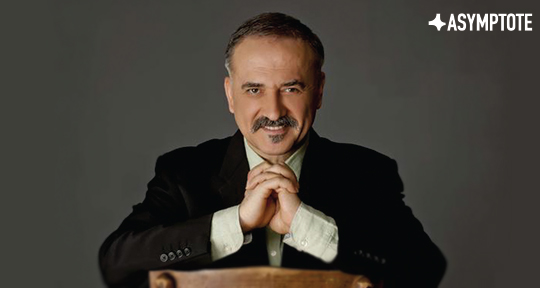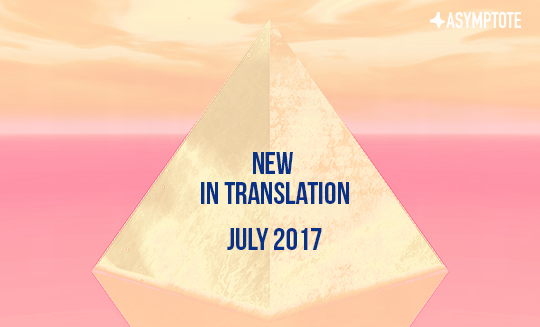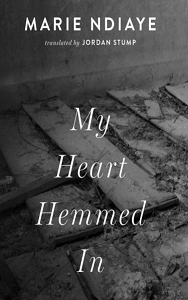Murathan Mungan likes to describe himself as a polygamous writer: not only does he write plays performed across Turkey and Europe, including his widely acclaimed trilogy, The Mesopotamian Trilogy; he also writes essays, song lyrics, poetry, and novels that have brought him national recognition as one of the most inventive Turkish authors for the use he makes of the Turkish language. Being himself of mixed origins (Arabic, Turkish, Kurdish and Bosnian), he is very sensitive to the life of underrepresented groups such as women, Kurds, the LGBTQI+ community, and explores taboo themes in his creative writing. I interviewed Mungan in the Czech Republic in the Month of Authors’ Reading Festival where the guest country was Turkey. His latest works include a novel called The Poet’s Novel and a play, The Kitchen. He is currently working on a novel describing the urban aloofness of Berlin.
Filip Noubel (FN): Murathan, you embody a plurality of personal origins, and seem to favor characters from various minorities. Why is diversity essential in your life and in your work? And how is it perceived in Turkey?
Murathan Mungan (MM): Many people live inside of me. I come from the city of Mardin, in the southeast of Turkey, a city close to Syria and not too far from Iraq. Mardin mirrored the diversity of my own family: my father’s ancestors came to Turkey in the 17th century from Syria, my paternal grandmother’s mother came from the Kurdish regions; my mother’s side is from Sarajevo, which is in Bosnia today. Though I was born in Istanbul, I grew up in Mardin and within a mix of cultures and religions, mingling with people who are Turks and Kurds, but also Assyrians, Alawites, Yezidis, and Armenians.



